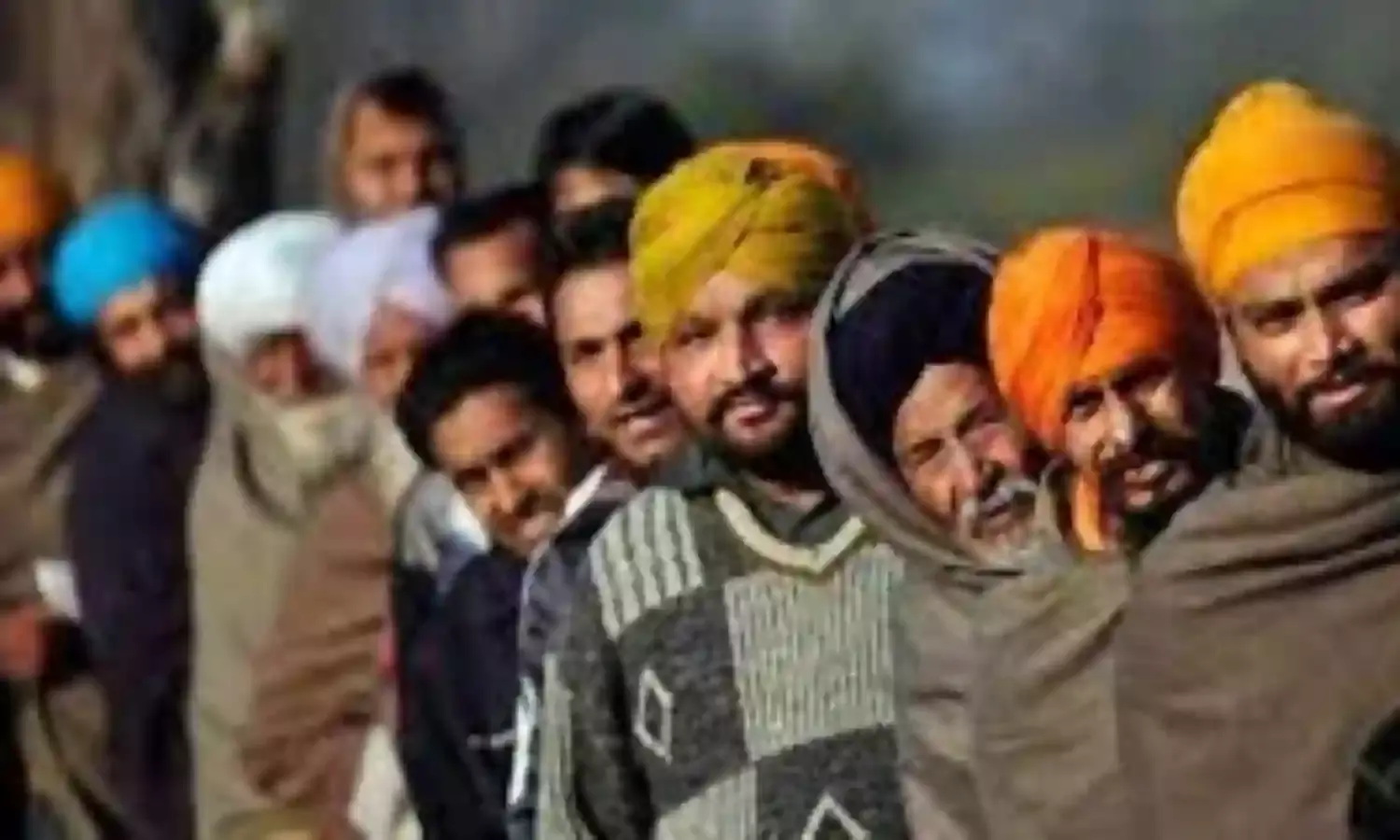The People of Punjab Must Be Heard
Joblessness hits aspirations

Over the last few months, Punjab has caught attention for all the wrong reasons. Amritpal Singh, a self styled leader and the new rebel on the block, inclusively calls for Khalsa Raj for Punjabis and not only for Sikhs. According to him, the Constitutional provisions of Article 25 that recognises Sikhism, Jainism and Buddhism as subjects of Hinduism, doesn’t do justice to the Sikh identity.
Amritpal Singh also refers to Guru’s saying, "Na koi Hindu na koi Musalman” to make his point. It is brought out that this was a soulful message of humanity that Amritpal tends to weaponise. And encouragingly there are not many takers in Punjab for this version of Khalsa Raj.
The traction that Amritpal gets, is from the youth that now aspires differently. The erstwhile aspiration of being part of nation building has failed him. It is imperative to identify the attributes that cause this traction and take measures to ensure that the sentiments do not go out of hand.
First, the aspirations: joblessness in the state diverts the youth towards drugs, guns and latent machismo. The State no longer is able to retain the youth that has a longing to migrate.
The young generation in Punjab has always prided in martial callings, which when channelised well, did wonders. These youngsters are too conscious of their pride and an Alpha male image. Sidhu Moosewala’s popularity also, was based on songs that stirred pride and identity, building upon disgruntlement of the youngsters.
Second, of late, we have seen a shrinking of political statesmanship in Punjab. This manifested in farmers' agitation in which the political parties were kept at an arm's length by the protestors. A sense of accomplishment was palpable, when the government pulled back the proposed laws, making the political parties dispensable.
People see in themselves, the new arbiters to raise the bar against the State, irrespective of the nature of perceived causes. This section of youth see a leader in Amritpal, who has given them a sense of identity and purpose, however misplaced. Most of the time the political dispensation, across the party lines, has looked the other way to let such crises simmer, for not antagonising the section behind these crises, for sake of votes.
Third, the diaspora from Punjab is always looked up to by these youngsters who imagine themselves in that status, in the future. A minority in the diaspora has lent support to Amritpal, who himself was abroad earning his living till recently.
The youth of Punjab today, is different from those during late 70s and 80s. They have an inclination for affluence and prosperity, rather than an ideology, making the present situation not as grave as they were during days of militancy.
Fourth, the grassroots and structural strengthening of society in terms of governance has suffered a severe setback. The political dispensations, across the party lines are merely 'giving coins and not the change' to the people.
In this context, empowerment of masses is warranted rather than giving them polls centric freebies and promises. Political dispensations tend to go for marketing, which is 'be all and end all', in the name of democracy and electoral gains.
And last, the idea of cultural nationalism as against civic nationalism that has taken deep roots across the country is one of the major attributes to the present downslide. Amritpal has often been heard, saying that his so called movement aims at taking even the Punjab in Pakistan in its fold, given the commonality in culture.
Had this been his motivation, he should have commenced from Pakistan Punjab which historically was the seat of power in undivided Punjab, dating back to Maharaja Ranjeet Singh, with Lahore as the capital. Amritpal chooses India's Punjab as his laboratory simply for ease and convenience.
The proud people of Punjab who have had a stellar role in building up India, and need to be heeded to. The Nation has always been thankful to the Punjabis and can not afford to let the agenda hijacked by a handful of men who tend to become self-styled representatives of theirs, lest we witness more alienation to our peril.
Colonel Shashank Ranjan is a retired Infantry officer having tackled insurgencies. He is currently an Adjunct Faculty with OP Jindal Global University and a PhD scholar. Views expressed are the writer’s own.


